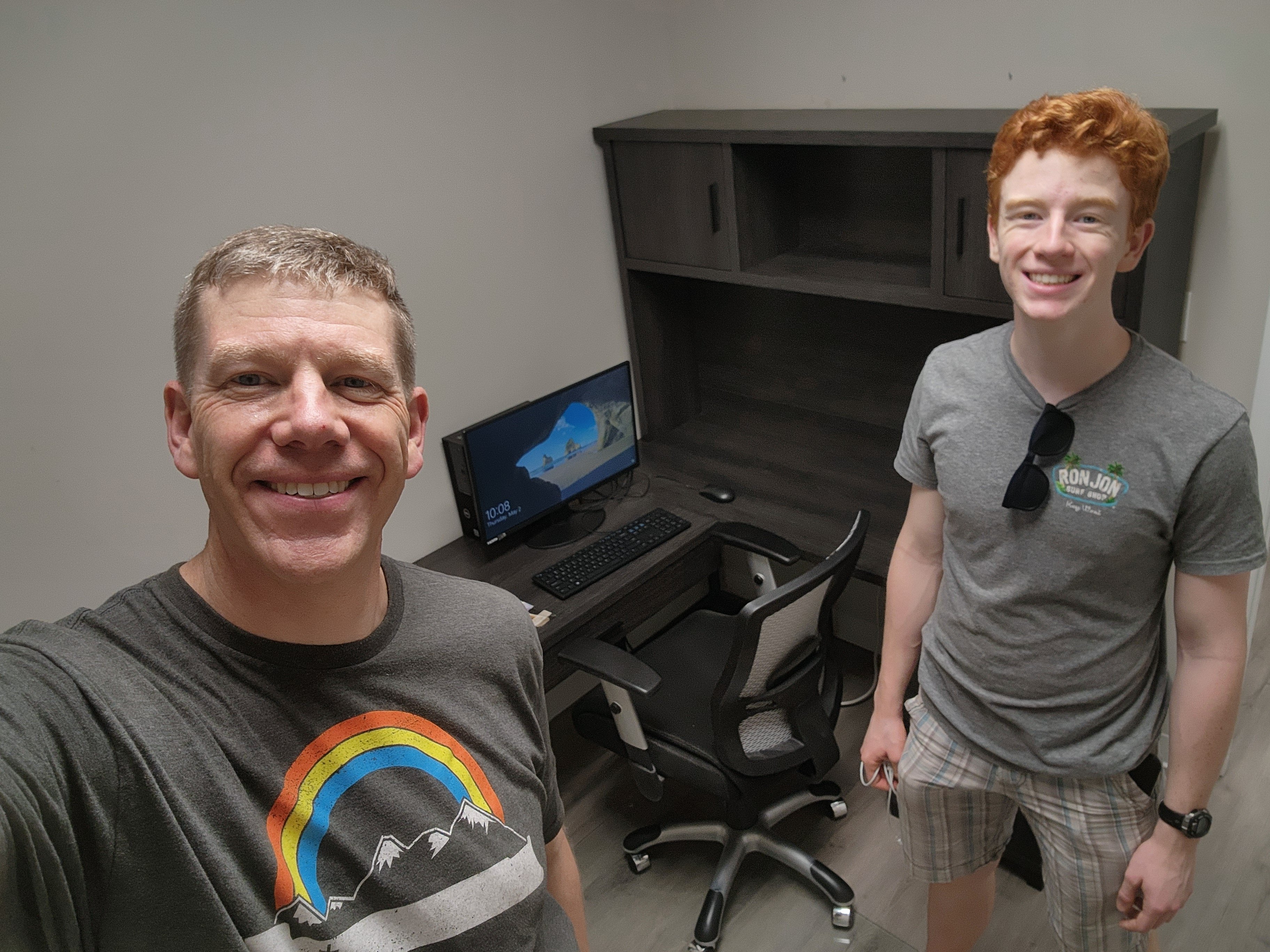A Strategic Heads-Up: The Coming Squeeze on Workers' Comp Audits
To my fellow business leaders and Human Resources professionals in East Tennessee, in your roles, you value predictability. You build budgets, manage...

Risk is an inherent part of life, and in the realm of social care, it plays a crucial role in promoting personal growth and a good quality of life. The concept of positive risk-taking emphasizes the importance of allowing young people to engage in new experiences while balancing the potential risks involved. This approach fosters a trusting relationship between caregivers and those in their care, ultimately enhancing their mental health and overall quality of life.
Effective risk assessment is essential in social care settings. It helps identify specific risks and devise strategies to manage them. When performed correctly, risk assessments lead to positive outcomes by enabling young people to engage in exciting activities that promote personal growth and social interactions. These activities not only boost self-confidence but also enhance decision-making skills, essential for navigating life's challenges. Positive risk-taking encourages young people to push their boundaries in a controlled manner, leading to improved mental health and a higher quality of life.
Engaging in positive risk-taking involves a careful balance between potential benefits and negative outcomes. While the aim is to encourage young people to explore and learn from new experiences, it is also crucial to mitigate any adverse effects. Understanding the differential correlates of risk-taking behavior helps caregivers tailor their approach, ensuring that the activities are both safe and beneficial. This balance is key to fostering a positive environment where young people can thrive, learning to manage potential risks effectively while enjoying new experiences.
Exciting activities, such as adventure sports or creative projects, can significantly enhance the quality of life for young people in social care. These activities provide a sense of achievement and joy, contributing to better mental health. A key component of successful positive risk-taking is the establishment of trusting relationships. When young people feel supported and understood by their caregivers, they are more likely to take on challenges that foster personal growth. Trusting relationships are the foundation of effective positive risk-taking, ensuring that young people feel secure enough to explore new opportunities.
Social interactions play a vital role in the development of young people. Encouraging them to participate in group activities can improve their social skills and build strong, supportive networks. These interactions are crucial for their mental and emotional well-being, contributing to a good quality of life. By promoting positive risk-taking, caregivers help young people develop the confidence to engage with others and build meaningful relationships. Social interactions, facilitated by positive risk-taking, are essential for fostering a sense of belonging and community among young people.
Sensation-seeking is a natural trait in many young people. Those who are natural risk-takers often seek out new and thrilling experiences. These tendencies can be harnessed in a controlled and supportive environment to promote positive outcomes. Caregivers need to understand the unique needs of sensation seekers and provide opportunities for them to explore their interests safely. Positive risk-taking allows these young people to satisfy their need for excitement while learning to assess and manage potential risks.
Caregivers have a duty of care to ensure that the risks young people take are appropriate and beneficial. This involves a thorough understanding of each individual's needs and capabilities. By assessing potential risks and planning accordingly, caregivers can create an environment where young people feel safe to take on challenges that promote personal growth. Duty of care in positive risk-taking ensures that young people are protected while being encouraged to explore new experiences.
New experiences are fundamental to personal growth. They provide opportunities for young people to learn, adapt, and thrive. Positive risk-taking encourages young people to step out of their comfort zones and discover their potential. This process is integral to their development and contributes significantly to their overall well-being. By fostering an environment that supports positive risk-taking, caregivers enable young people to achieve a good quality of life through continuous personal development.
Positive risk-taking is a vital component of social care that fosters personal growth and enhances the quality of life for young people. By carefully assessing potential risks and encouraging exciting activities, caregivers can help young people build trusting relationships, improve their mental health, and develop the skills needed for successful social interactions. Embracing positive risk-taking within a framework of careful planning and support ensures that young people can enjoy new experiences safely and reap the benefits of their adventurous spirit. Positive risk-taking, when implemented effectively, leads to positive outcomes, better decision-making skills, and a higher quality of life for young people in social care.
Positive risk-taking provides numerous benefits for young people, including personal growth, improved mental health, and enhanced decision-making skills. It encourages them to step out of their comfort zones, engage in new experiences, and build self-confidence, all of which contribute to a higher quality of life.
Caregivers can ensure safety by conducting thorough risk assessments, planning carefully, and creating a supportive environment. Building trusting relationships with young people is crucial, as it helps them feel secure and confident in taking on new challenges.
Social interactions are vital for the success of positive risk-taking. They provide support, encouragement, and opportunities for young people to learn from others. Engaging in group activities fosters a sense of belonging and community, which enhances their social skills and overall well-being.

To my fellow business leaders and Human Resources professionals in East Tennessee, in your roles, you value predictability. You build budgets, manage...

Group Health Insurance Agents Near Me: How to Find the Right Advisor for Your Business Offering group health insurance is one of the most meaningful...
-1.png)
In today's digital age, where the internet is an integral part of our lives, cyber insurance is no longer just an option, it's a necessity. Cyber...